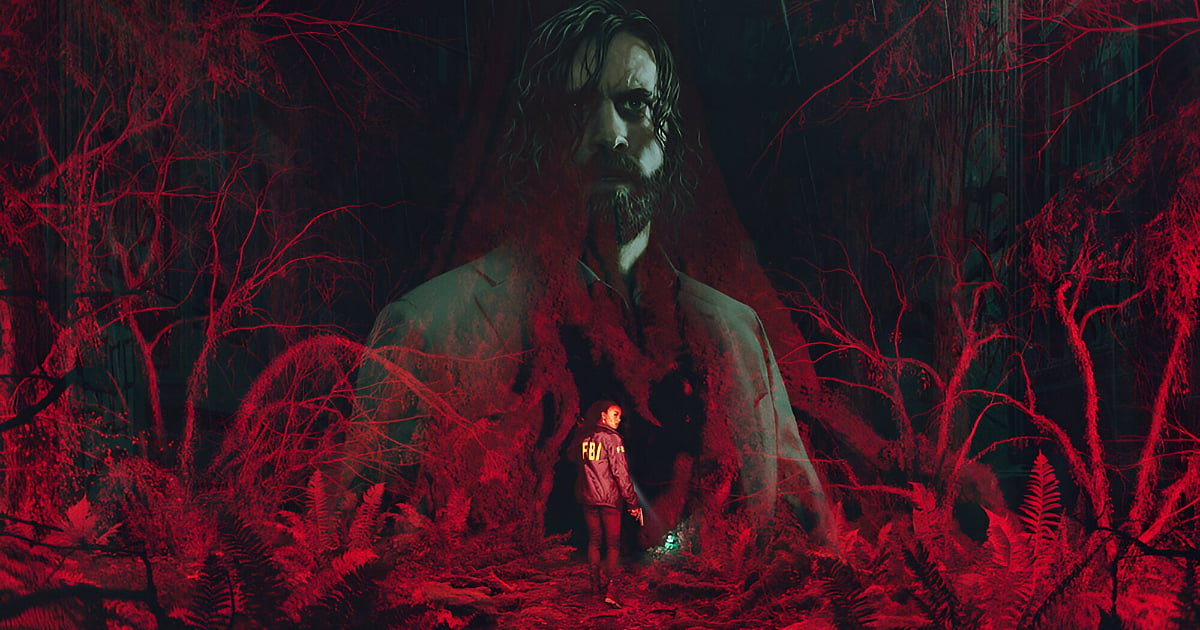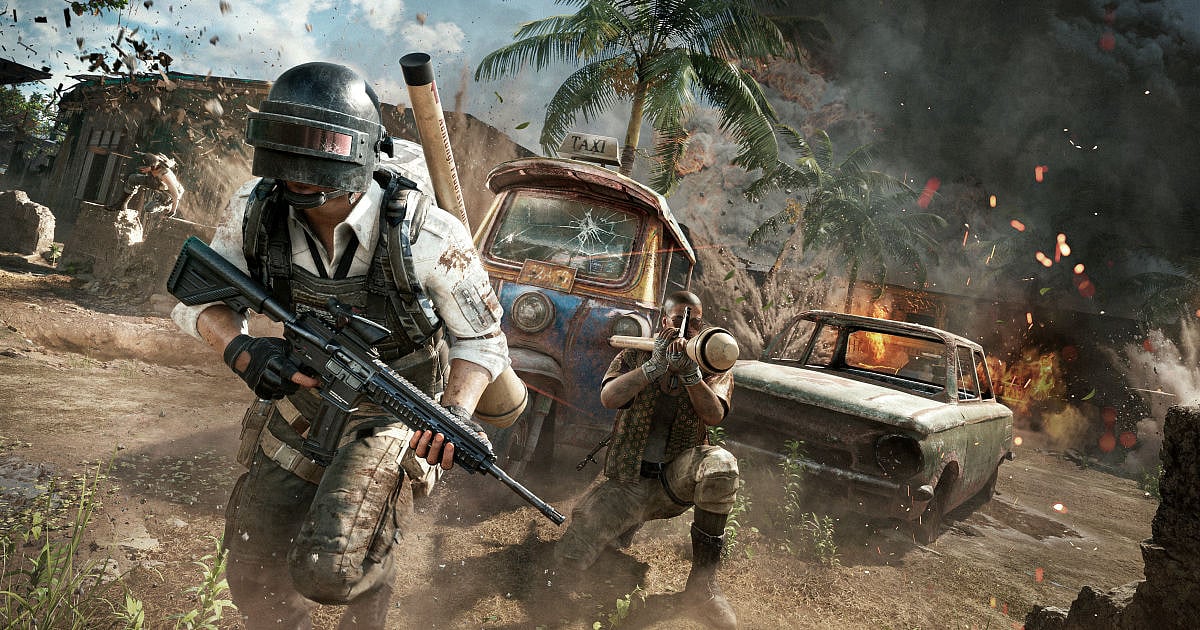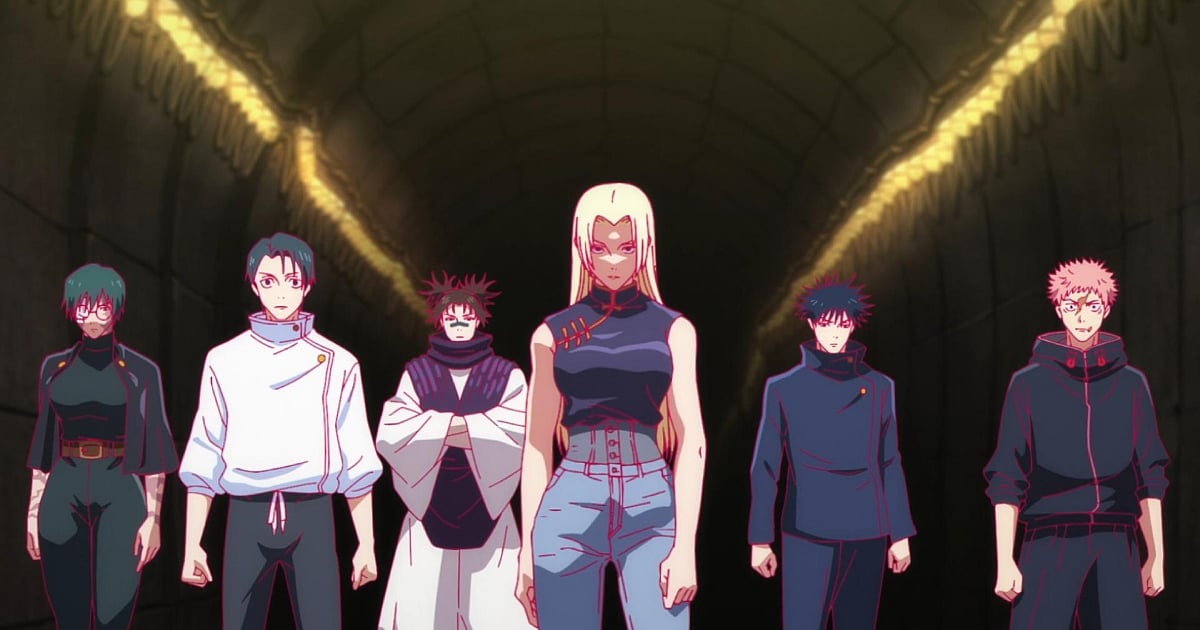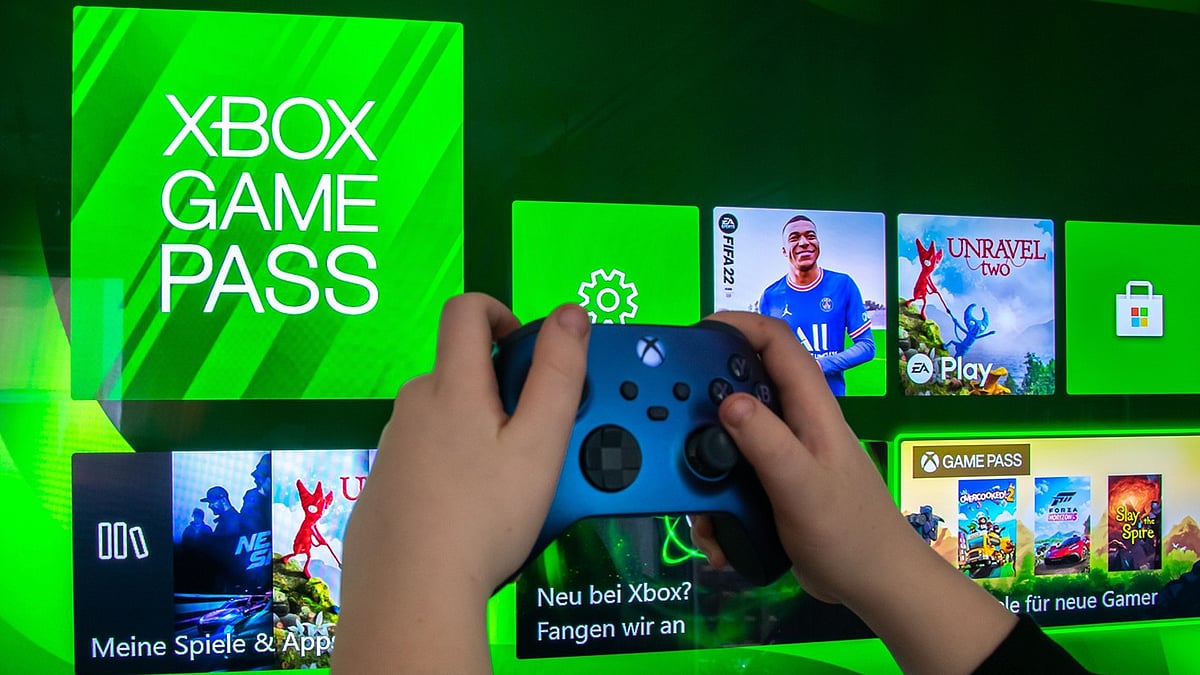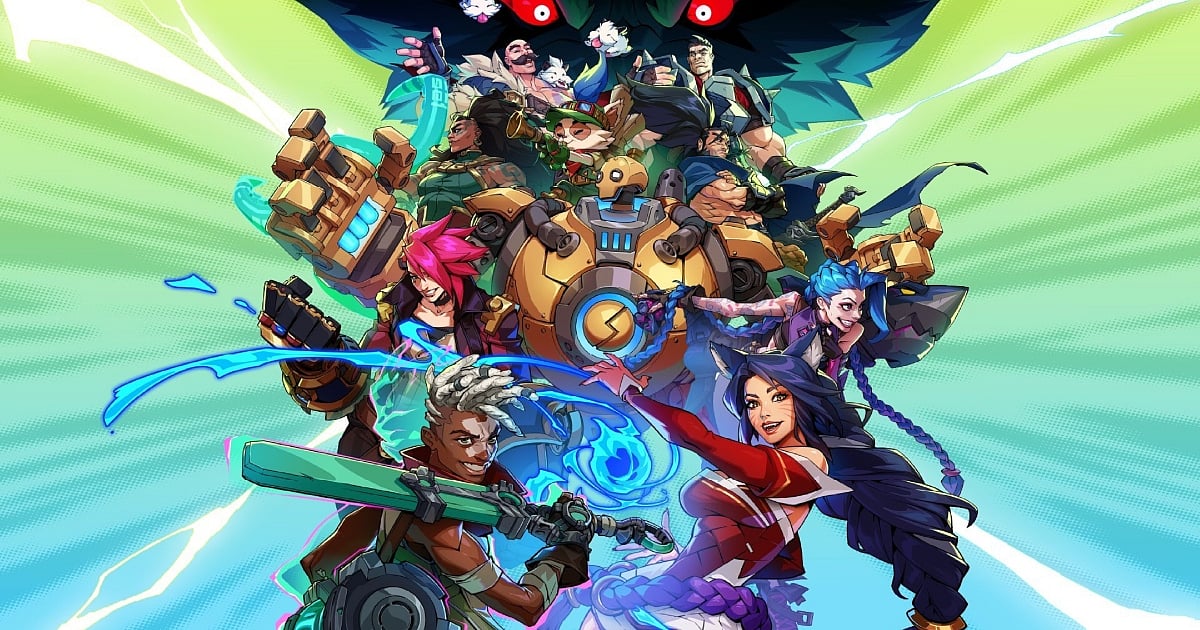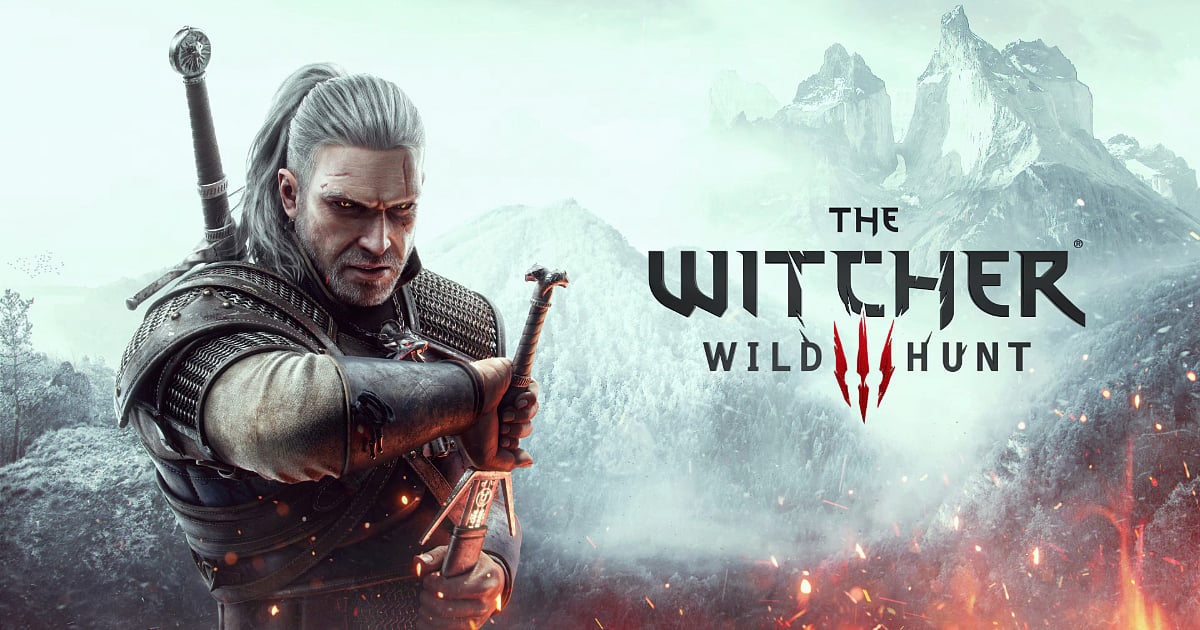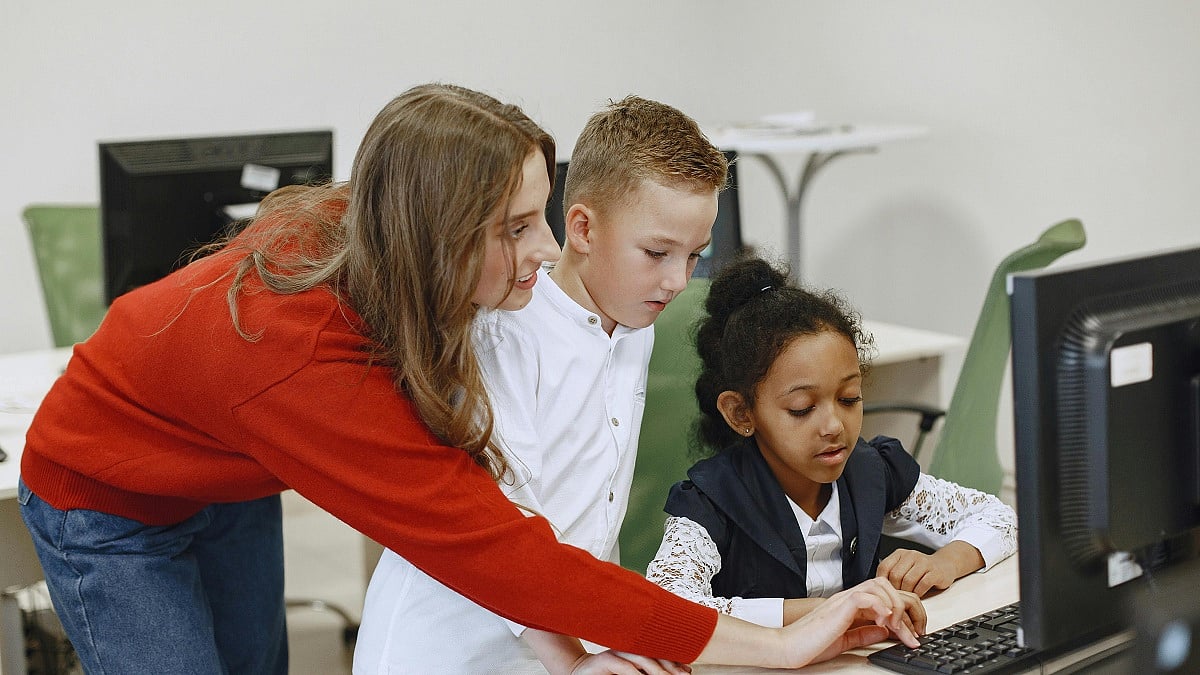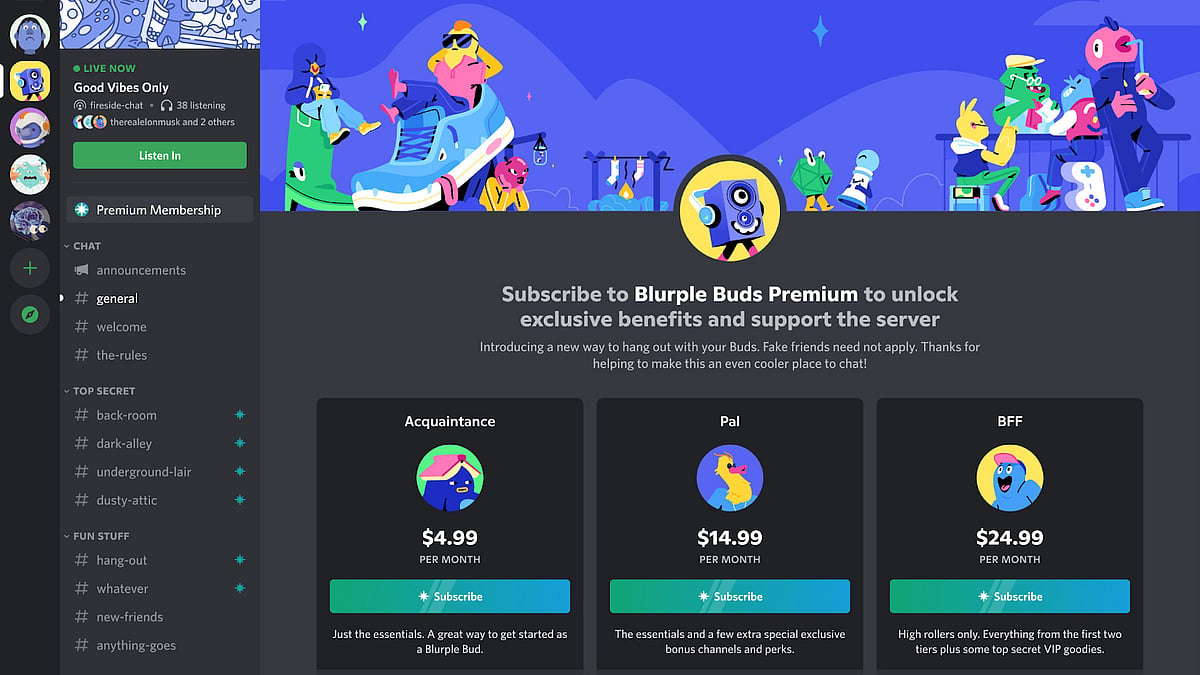
Is Discord "social media"?
Australia's New Law Targets Discord, Roblox & Twitch Gamers
How Australia's social media ban for kids under 16 is creating an unintentional online gaming ban.
Highlights
- Australia's new law targets gaming platforms like Discord, risking a ban for teens.
- The ban could isolate young users and push them towards more dangerous websites.
- This policy sets a risky global precedent for the future of online gaming communities.
For millions of teenagers across Australia, the day doesn't end when the school bell rings. The real socialising begins when they log in. It’s the sound of their friends' voices on Discord planning a strategy, the pride of showing off a new build in a Roblox world, the shared hype in a Twitch chat.
These platforms are not just games. They are the new social clubs, the digital town squares, the essential infrastructure of a young person's social life. But the Australian government is threatening to demolish them for anyone under 16. A new law, the Online Safety Amendment (Social Media Minimum Age) Act, was designed to put guardrails on TikTok, but its vague definition has accidentally declared war on the entire gaming world.
This isn't just a tech misunderstanding; it's a move that could seriously harm the mental well-being of young Australians, push them into dangerous corners of the internet, and set a terrible example for the rest of the world.
The Rise of the Digital Third Place
Remember having a place to go after school? A mall, a skate park, a local arcade? Sociologists call these "third places"—spots outside of home and school where we build our communities. The problem is, for Gen Z, these places barely exist anymore. But have been replaced by digital third places.
A major 2022 study by the Pew Research Center found that over half of teens have made new friends online, and for many, these digital friendships are just as meaningful. Gaming has become the primary engine for this connection.
For many, these spaces have also turned into a lifeline. Australian charities like Minus18, which support LGBTQIA+ youth, consistently highlight the importance of safe online spaces where young people can connect without fear of judgment, a role often filled by moderated gaming communities.
For many teens, especially those with social anxiety, the structured and low-pressure interactions in games can be a crucial way to build real-world confidence. Banning access to these platforms isn’t protection; it’s government-mandated social isolation.
How a Law for TikTok Caught Gamers in the Crossfire
The government’s goal to protect kids from online harms is one that everyone supports. However, the issue stems from the law's vague language. It states that any platform that "enables online social interaction" could be classified as social media. That includes almost every modern video game. The very features that make games social—such as voice chat, friend lists, and community forums—are now a legal risk.
Australia's eSafety Commissioner has now put companies like Valve (owner of Steam), Discord, and Twitch on notice, asking them to explain why they shouldn't be subjected to the ban. The industry is pushing back, arguing that gaming is fundamentally different from social media. But with fines of nearly AUD $50 million on the table, the future of these platforms in Australia is uncertain.
What Happens When You Ban the Safe Spaces?
Banning mainstream platforms doesn't stop kids from going online; it just forces them into the shadows with devastating consequences. Any teen can learn to use a VPN to bypass the block, but instead of landing in a moderated Discord server with reporting tools, they might end up on unpoliced sites like 4Chan, which are known breeding grounds for extremism, scams, and cyberbullying.
This forces a child's online life into secrecy, breaking down parental trust and replacing open conversations about safety with concealment. Ultimately, this approach will only worsen the loneliness epidemic, forcibly isolating neurodivergent kids and other marginalized youth from the online communities that, according to reports from the Australian Institute of Health and Welfare, help protect them against depression and anxiety.
Australia's Law Is A Global Beta Test
This isn't happening in a vacuum. Governments worldwide are struggling with how to regulate the internet. Many are watching Australia, and a flawed but simple-sounding ban could be tempting to copy.
We already have a model for a smarter approach. India’s updated IT rules from 2023 for online gaming didn't impose a blanket ban. Instead, they took a surgical approach, targeting specific damaging sections like real-money gambling while actively encouraging the growth of esports and legitimate gaming. It’s the difference between using a scalpel and a sledgehammer.
Australia’s model, in contrast, treats all online social interaction as an inherent threat, risking immense collateral damage to the healthy, vibrant social lives of its youth.
What This Means for the Future of Online Gaming Communities
The law risks creating a chilling effect on innovation. Developers may become hesitant to build the very community features—like guild systems or voice chat—that define modern multiplayer gaming if it puts them at risk of being banned in a major market.
This could lead to a future of more sterile, isolated gaming experiences, where the "multiplayer" element is stripped back to its bare minimum to avoid regulatory scrutiny. The borderless nature of online communities could be replaced by a fractured patchwork of legally-mandated walled gardens, where an Australian player has a fundamentally different, and lesser, experience than their friends in other countries.
It threatens to stifle the user-generated content that powers platforms like Roblox and pull up the ladder for the next generation of creators and esports talent. In the name of safety, we risk the very soul of the community in online gaming.
Protecting kids online is crucial, but a ban may not be the best way to do it. Companies can choose to work with governments to ensure the safety of young gamers as a priority. On the other hand, governments could target specific aspects of harm instead of pushing out entire systems.
The Australian government is trying to apply outdated solutions to evolving digital communities, which provide a sense of belonging and help young kids develop social skills and resilience. The challenge is not to eliminate these connections, but to teach kids how to navigate them safely.

Author
Krishna Goswami is a content writer at Outlook India, where she delves into the vibrant worlds of pop culture, gaming, and esports. A graduate of the Indian Institute of Mass Communication (IIMC) with a PG Diploma in English Journalism, she brings a strong journalistic foundation to her work. Her prior newsroom experience equips her to deliver sharp, insightful, and engaging content on the latest trends in the digital world.
Krishna Goswami is a content writer at Outlook India, where she delves into the vibrant worlds of pop culture, gaming, and esports. A graduate of the Indian Institute of Mass Communication (IIMC) with a PG Diploma in English Journalism, she brings a strong journalistic foundation to her work. Her prior newsroom experience equips her to deliver sharp, insightful, and engaging content on the latest trends in the digital world.
Related Articles
